
Aliens are more than science fiction ideas. Many scientists expect that aliens exist due to the size and age of the universe. Still, no contact has ever happened. This article examines the Fermi Paradox, a puzzle that explores why intelligent life remains hidden from view and presents the most widely supported theories on the subject.
Fermi Paradox Origins

It began with a simple question during lunch in 1950. Enrico Fermi asked why, in a galaxy so vast, we’ve heard nothing from other civilizations. That moment sparked the Fermi Paradox, which continues to challenge scientists as they attempt to understand the universe’s silence.
Statistical Certainty Of Alien Life

Across the Milky Way, over 100 billion stars shine, many surrounded by habitable planets. The Drake Equation suggests thousands of intelligent civilizations could exist. Yet despite this statistical promise, we’ve received no contact at all, which makes the Fermi Paradox more puzzling than ever.
Temporal And Spatial Gaps
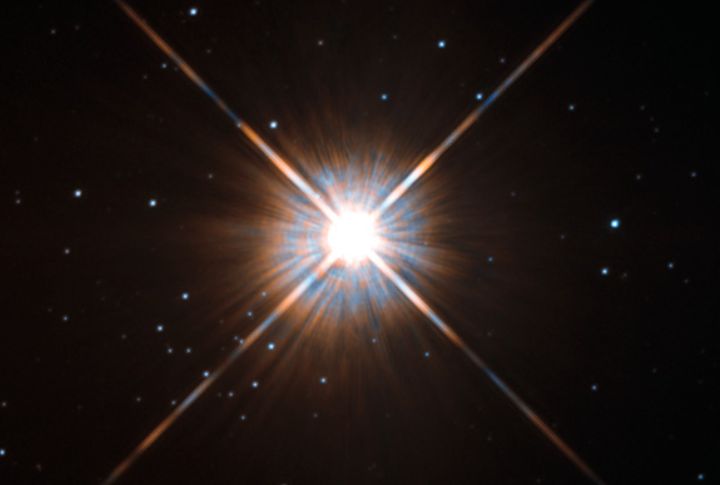
Light from even our closest star, Proxima Centauri, takes years to arrive. Civilizations might rise and vanish in cosmic moments, far before or after us. Because of these vast gaps in time and distance, alien life may exist, just not when or where we’re looking.
Technological Mismatch
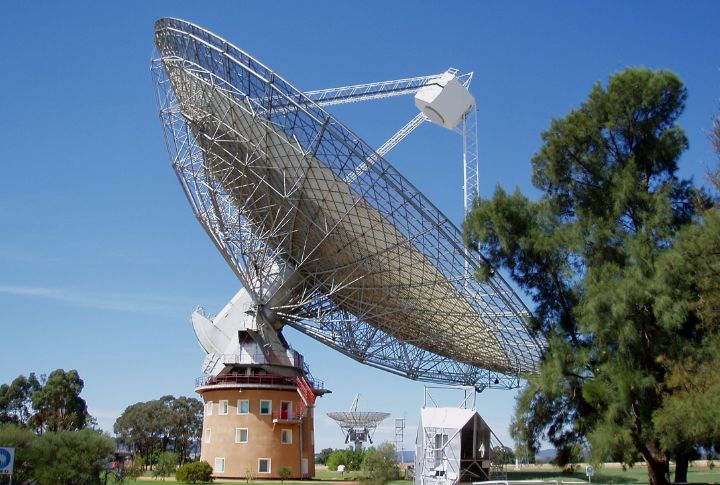
SETI, or the Search for Extraterrestrial Intelligence, uses radio telescopes to listen for alien signals. But if advanced civilizations use unfamiliar technologies like neutrinos or quantum-based systems, we wouldn’t detect them. Their messages may already be passing by, completely invisible to the tools we currently use.
Cognitive Limitations

While we expect alien messages to follow logic we understand, our minds may not be built to interpret them. Much like ants can’t comprehend highways, we might lack the capacity to notice or decode intelligent signals. The silence may reveal more about us than it does about them.
Civilizational Self-Destruction

Every technological leap brings risks. Civilizations might collapse through nuclear war or the runaway use of artificial intelligence. The “Great Filter” theory suggests most societies destroy themselves before mastering space travel. If humanity hasn’t passed it yet, the stillness we hear may be a chilling preview of our future.
Dark Forest Theory
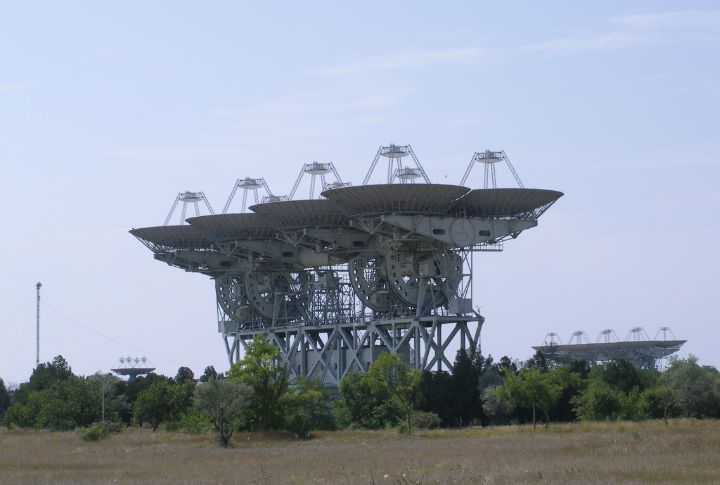
Now consider a galaxy where every civilization stays hidden, not out of shyness, but out of fear. The Dark Forest Theory suggests that survival requires staying quiet. Civilizations may suppress signals to avoid drawing attention from unknown threats. In this tense universe, silence is self-preservation disguised as stillness.
Zoo Hypothesis
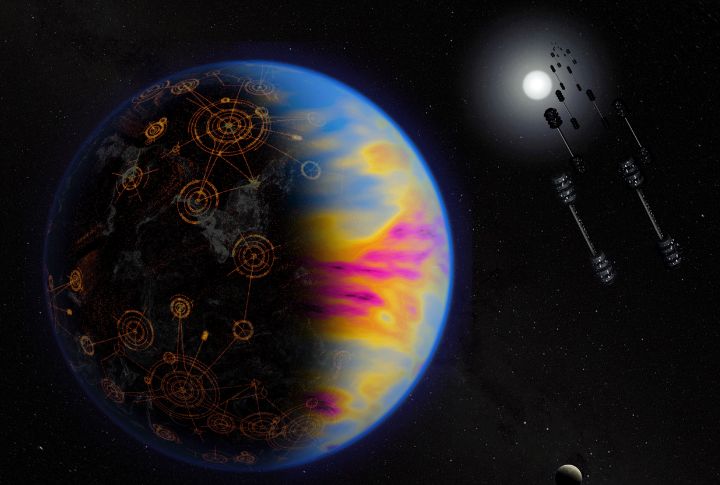
What if we’re the exhibit? The Zoo Hypothesis proposes that alien civilizations monitor Earth without interfering, much like scientists watching animals in the wild. Contact might disrupt our development, so they remain hidden by choice. Their absence may be an intentional restraint shaped by ethical rules.
Rare Earth Theory
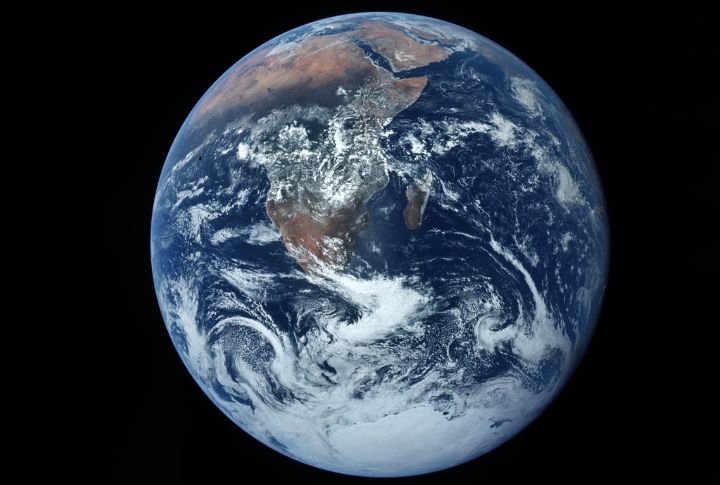
Earth may be far more unique than we assume. It combines features like plate tectonics, a magnetic field, a stabilizing moon, and a safe atmosphere. While these allow complex life to thrive, they might rarely align elsewhere. In that case, cosmic silence simply echoes Earth’s extraordinary good fortune.
Communication May Be One-Way Only
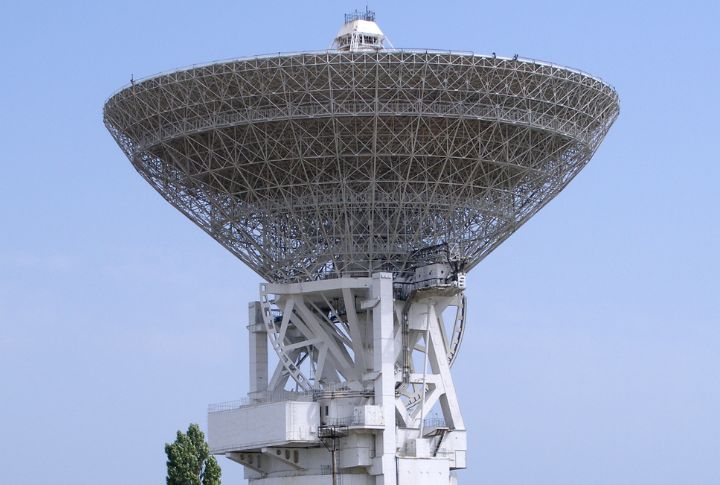
Our earliest broadcasts have traveled only about 100 light-years, barely brushing the galaxy’s edge. Alien signals, if they ever came, may have swept past long before we tuned in. Since messages move slowly across space, this may reflect not absence but timing lost across millennia.

